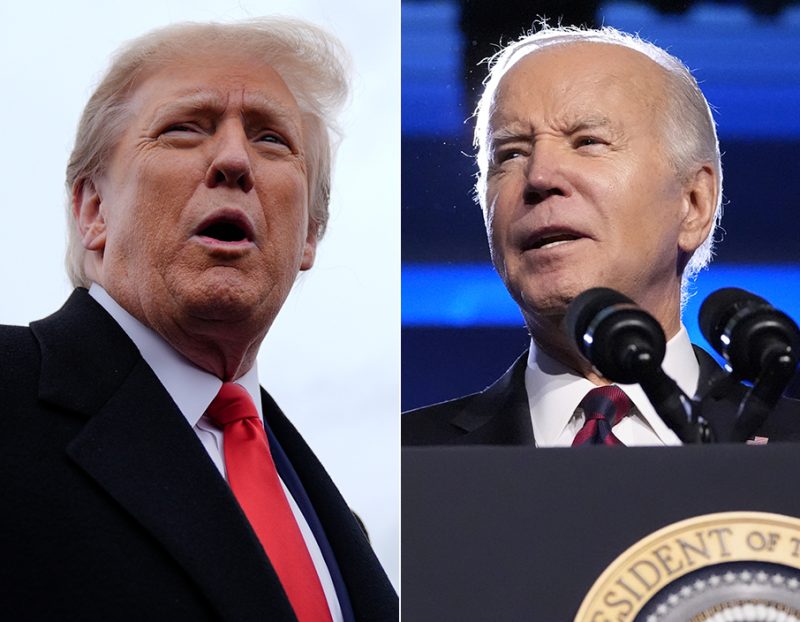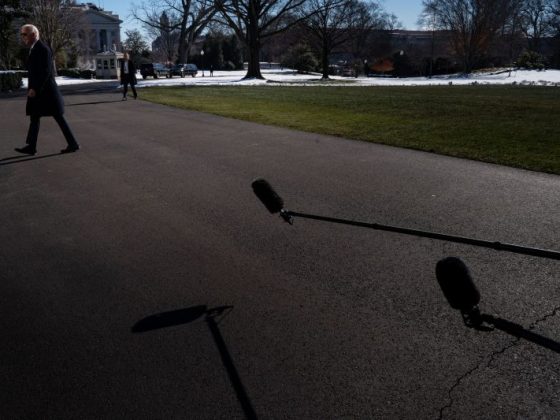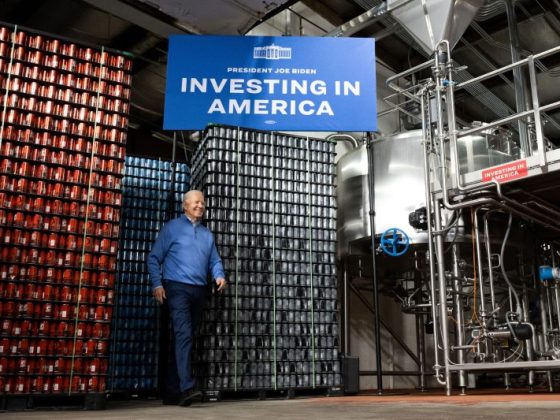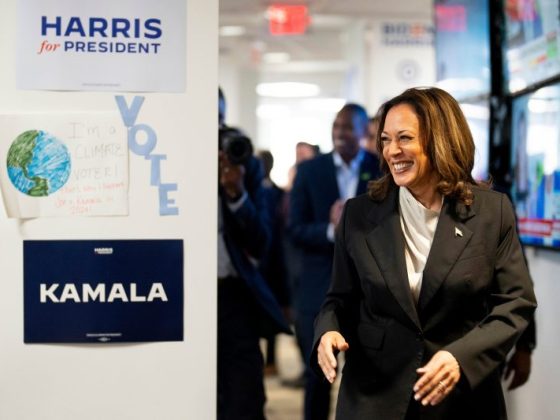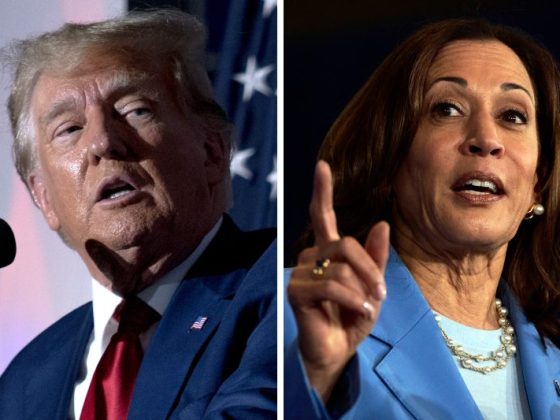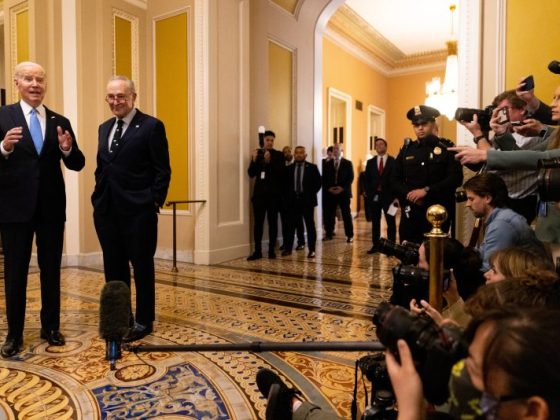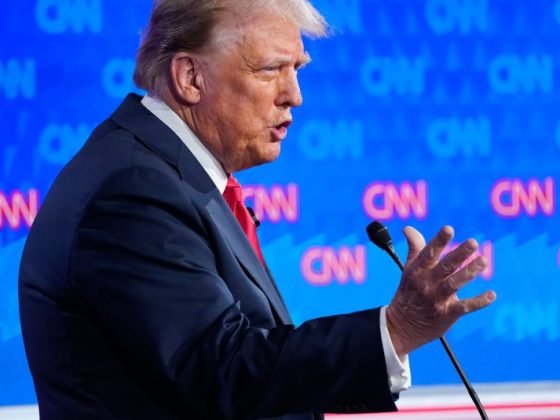As we delve into the heart of the matter, it is essential to highlight the respective stances of former President Donald Trump and current President Joe Biden on electric vehicles (EVs) as well as the looming threat posed by China in the global scene.
Trump’s stand on Electric Vehicles
During his presidency, Donald Trump exhibited a somewhat precautious approach towards EVs. Under the Trump administration, fossil fuels, particularly coal, regained their reign in the United States’ energy mix, revealing the administration’s preference for traditional sources of energy. The administration, which showed a favorable outlook in preserving jobs in conventional energy sectors, took various measures throughout its tenure that subtly discouraged the proliferation of electric vehicles.
Trump proposed eliminating the $7,500 federal tax credit that benefitted EV buyers, arguing it created an uneven market. Furthermore, the administration faced criticism from environmentalists and EV proponents for rolling back Obama-era fuel efficiency standards. Instead of accepting cleaner technologies, the administration apparently decided to champion the conventional auto industry, mainly due to job preservation concerns.
Biden’s stand on Electric Vehicles
Contrastingly, the Biden administration has made it clear that they see electric vehicles as not just part of the future, but as the future itself. President Biden has used his executive powers and is working with Congress to advance the agenda for electric vehicles, spurring innovation and adoption across the country.
Biden plans to create an entire network of 500,000 EV charging stations, and his proposed $2 trillion infrastructure plan includes a $174 billion investment to encourage the manufacturing and adoption of electric vehicles. Furthermore, unlike his predecessor, Biden advocates for sustaining the $7,500 tax credits for EV buyers and further financial incentives for the battery production industry.
China’s Threat
China is rapidly emerging as the greatest external threat to both the United States and the global electric vehicle industry. China, home to approximately half of the world’s electric vehicles, is driving the initiative for EVs. A considerable chunk of EV raw materials, particularly critical battery-grade minerals such as lithium, are sourced and processed in China, giving it significant influence in the supply chain.
Beijing’s aggressive strategy in the electric vehicle domain, coupled with its colossal domestic market, provides China an upper edge over both America and Europe. Furthermore, the country’s exponential progress in advanced battery technology and connected vehicle technology only propels it further as the titan of the EV market, placing significant pressure on the US to boost domestic manufacturing capabilities and reduce dependency on China.
In light of this, it is undeniably necessary for the US to pave the way for a robust EV market. Under Biden’s leadership economic and environmental strategies intertwine, potentially setting a foundational path for America to regain footing in the global EV industry and curb Chinese dominance.
The varying perspectives of Trump and Biden on electric vehicles tackle not only the advancing automotive industry but also the tenets of job preservation, environmental conservation, and geopolitical power balance. As China continues to surge ahead, the key to American success lies within efficient policy-making and a unified embrace of the EV revolution.

